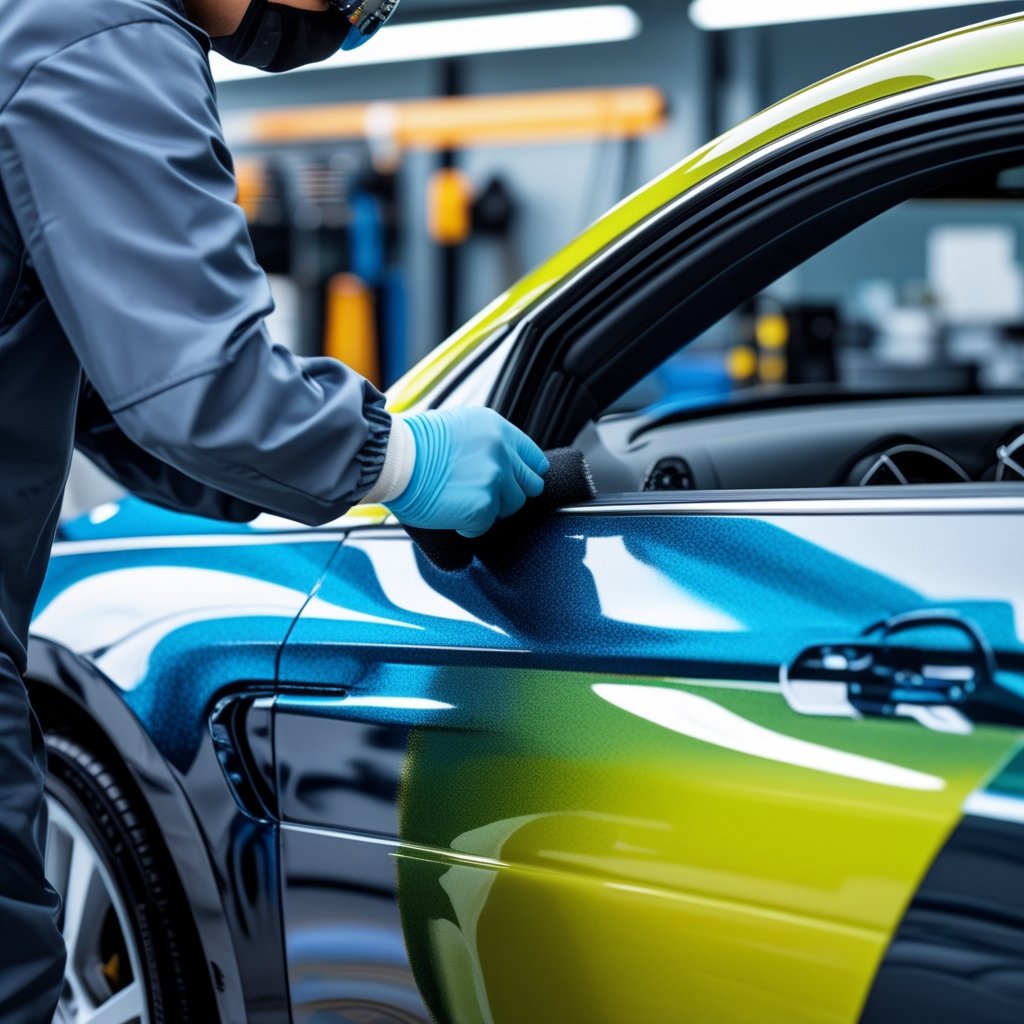
Car Wrap Cost: Factors, Pricing, and Value
Car Wrap Cost Guide 2025: Pricing, Factors, and Value Explained
Thinking about changing the look of a car without committing to a full respray? Car wrapping has become a popular choice across Australia because it offers flexibility, style, and protection. The average cost to wrap a car in Australia usually falls between $2,000 and $6,000, depending on the size of the vehicle, the type of vinyl, and the complexity of the job.
This price range can shift quite a bit. A small hatchback with a simple matte finish may sit at the lower end, while a large SUV with a chrome or custom design can reach $7,000 or more. Materials, labour, and finish all play a role, which is why no two quotes are the same.
Understanding how much does car wrapping cost upfront helps avoid surprises and makes it easier to decide whether wrapping is worth it compared to painting. With so many options in colours, textures, and finishes, wrapping gives people the chance to customise their car while protecting the original paint.
Key Takeaways
- Car wraps in Australia typically cost $2,000–$6,000
- Vehicle size, vinyl type, and labour affect the final price
- Wrapping offers customisation and protection compared to paint
What Determines Car Wrap Cost

Several factors influence how much a car wrap costs in Australia. The choice of vinyl, the size and shape of the vehicle, and how much of the car is covered all play a direct role in the final price.
Type of Vinyl Material
Vinyl comes in different grades, and the quality of the material has a major impact on how much does car wrapping cost. Standard vinyl is usually cheaper, but it may not last as long or resist wear as well as premium options. High-end films often include advanced finishes like carbon fibre, chrome, or matte, which add to the price.
Durability is another key difference. Basic films may last around 3–5 years, while higher quality wraps can last 7 years or more with proper care. This makes premium vinyl a better choice for those who want longer protection and fewer replacements.
Appearance also matters. Gloss finishes are common and affordable, while metallic or textured effects cost more because of the specialised materials. Customers should balance budget on how much does car wrapping cost with how long they expect the wrap to last and the look they want to achieve.
Example price range for materials alone:
Standard gloss vinyl: lower cost, shorter life
Specialty finishes (chrome, carbon fibre, matte): higher cost, longer life
Vehicle Size and Shape
The size of a vehicle directly affects wrap pricing because larger vehicles require more vinyl and more labour. A compact hatchback will usually be cheaper to wrap than a large SUV, ute, or van.
Shape and design complexity also matter. A vehicle with smooth, flat panels is quicker to wrap than one with many curves, recesses, or body details. More time and precision are needed for complex shapes, which increases labour costs.
For example, wrapping a small sedan may fall closer to $2,000 car wrap Sydney cost, while a large 4WD or commercial van can push costs beyond $5,000. The installer must also account for extra cutting, stretching, and repositioning on larger or more detailed vehicles.
Wrap Coverage Options
Not every car wrap covers the entire vehicle. Coverage choice is one of the biggest cost factors.
Common coverage types include:
Full wrap: Covers the entire vehicle, including doors, bonnet, and bumpers. Highest cost but maximum impact.
Partial wrap: Covers specific areas such as the bonnet, roof, or side panels. Lower cost and often used for accents or branding.
Decals/graphics: Small sections or logos applied, usually the cheapest option.
A full wrap usually costs the most because it requires more vinyl and more labour hours. Partial wraps reduce both material use and installation time, making them a budget-friendly option.
Some people choose partial wraps for styling, such as only wrapping the roof in black for contrast. Businesses often use partial wraps or decals for logos and branding, which keeps costs down while still achieving visibility.
Average Car Wrap Prices in Australia

Car wrapping costs in Australia vary based on factors such as vehicle size, material quality, and installer expertise. Prices also shift depending on location, with major cities often charging more than regional areas.
Standard Price Ranges
Most full car wraps in Australia fall between $2,000 and $6,000. Smaller vehicles, such as hatchbacks, often sit at the lower end of this range, while larger sedans, SUVs, and vans can push costs higher.
Premium finishes like chrome or carbon fibre usually add several thousand dollars compared to standard gloss or matte vinyl. For example, a chrome wrap can reach $7,000 or more, while a simple matte finish may stay closer to $2,500–$3,500.
Partial wraps, such as wrapping only the roof, bonnet, or doors, are far cheaper. These usually cost between $500 and $1,500, depending on surface area and design complexity. Businesses often choose partial wraps for branding, while private owners may use them for styling accents.
In addition to material choice, labour quality plays a significant role. Professional installers with more experience typically charge more, but their work often lasts longer and avoids issues like bubbling or peeling.
Comparison by Vehicle Type
Vehicle size strongly influences cost. A compact hatchback may only require 12–15 square metres of vinyl, while a large SUV or van can need 25–30 square metres. More material means higher expenses.
Small cars (hatchbacks, coupes): $1,800–$3,500
Sedans: $2,500–$4,500
SUVs and 4WDs: $3,000–$5,500
Vans and utes: $3,500–$6,000
Complex shapes also increase labour time. Vehicles with curves, wide panels, or accessories like bull bars require more precision, which adds to installation costs.
Custom graphics or branding raise prices further. For example, a business fleet wrap with logos and text can cost more than a single-colour wrap because of design, printing, and alignment work.
Owners should also consider removal costs. Taking off an old wrap usually costs $500–$1,000, depending on the condition of the vinyl and adhesive.
Regional Price Variations
Where the wrap is installed also affects pricing. In large cities such as Sydney and Melbourne, demand is higher, and shop rates are often more expensive. A full wrap there may range from $3,000 to $6,500.
In smaller cities or regional areas, prices can drop by several hundred dollars. For example, a standard sedan wrap in regional Queensland may cost $2,200–$3,500, compared to $2,800–$4,500 in Sydney.
Labour costs and competition play a role. Areas with more installers tend to have more competitive pricing, while regions with fewer providers may charge higher rates due to limited options.
Specialised finishes are also less common outside major cities. A customer in a regional area may need to travel to a metropolitan workshop if they want premium vinyl such as chrome or textured carbon fibre.
Travel and availability can therefore influence the final cost as much as the wrap material itself.
For shops handling multiple wraps, the Workshop Tool Kit Pro offers all-in-one efficiency →
Types of Car Wraps and Their Costs

Car wraps differ in coverage, design, and price. The main options include full wraps, partial wraps, and custom designs, each offering different levels of style, protection, and cost.
Full Wraps
A full wrap covers the entire exterior of the vehicle, including doors, bonnet, roof, and bumpers. This option is popular for those who want a complete colour change or a uniform finish without repainting.
In Australia, a full wrap usually costs between $2,000 and $5,000. The price depends on the vehicle’s size, the quality of vinyl, and the complexity of the installation. Larger cars like SUVs or vans cost more than smaller sedans or hatchbacks.
Full wraps also provide paint protection. The vinyl shields the original paint from UV rays, scratches, and road debris. This makes them appealing to people who want to maintain resale value.
While the cost is higher than partial wraps, the result is seamless and long-lasting. Many professional installers offer warranties ranging from 3 to 7 years, depending on the material used.
Partial Wraps
A partial wrap only covers selected areas of the car, such as the bonnet, roof, boot, or side panels. It is a cost-effective way to change the look of a vehicle without paying for a full wrap.
The price for a partial wrap in Australia ranges from $500 to $2,000. The final cost depends on the size of the covered area and the type of vinyl chosen. For example, a simple roof wrap costs much less than wrapping half the car.
Partial wraps are often used for accents, such as carbon fibre finishes on the bonnet or matte black roofs. They can also be combined with paint to create a two-tone effect.
This option suits people who want a fresh look on a budget or those who want to highlight certain features of their vehicle.
Custom Designs
Custom wraps involve unique graphics, logos, patterns, or branding. They are common for businesses that want to advertise on company vehicles, but individuals also use them for personal style.
Prices vary widely, starting from around $1,500 and going beyond $6,000. The cost depends on the complexity of the artwork, printing, and installation. A simple logo on the doors is far cheaper than a detailed, full-vehicle graphic.
Custom wraps require professional design and printing before installation. This adds to the cost but ensures a high-quality finish with accurate colours and sharp details.
For businesses, custom wraps act as mobile advertising. For private owners, they offer a way to personalise a car with patterns or colours not available from the manufacturer.
Additional Factors Affecting Pricing
The final cost of a car wrap depends not only on the material and vehicle size but also on the condition of the surface and the complexity of applying the wrap. These details can add time, labour, and extra resources, which directly increase the price.
Surface Preparation
The state of the vehicle’s paint and panels plays a major role in pricing. A car with dents, scratches, or peeling paint needs extra work before the wrap can be applied. If these issues are not fixed, the vinyl may not stick properly or could highlight imperfections.
Shops often charge for cleaning, sanding, or repairing panels. Even a thorough wash and decontamination can add to the cost because the surface must be completely smooth and free of wax, dirt, or residue.
A wrap applied to a well-maintained surface takes less time and reduces the chance of failure. For vehicles in poor condition, the preparation stage can sometimes cost hundreds of dollars depending on the level of repair required.
Below is a quick comparison:
| Condition | Extra Preparation Needed | Impact on Cost |
|---|---|---|
| Clean, smooth paint | Minimal cleaning | Low |
| Light scratches | Sanding, touch-ups | Moderate |
| Dents/peeling paint | Repair, repainting | High |
Complexity of Installation
The shape and design of the vehicle affect how difficult the wrap is to install. A flat-sided van is easier and faster to wrap than a sports car with curves, spoilers, or recessed panels. More complex shapes require precision cutting and stretching of the vinyl, which increases labour time.
Custom design elements also add to the difficulty. For example, aligning patterns or logos across doors and body lines requires extra care. If a matte or chrome finish is chosen, installers may need to use specialised techniques, which can raise the price further.
Labour rates reflect these challenges. A small hatchback with simple lines may take two days to complete, while a large SUV with complex features could take four or more. The longer the job, the higher the labour cost.
In short, the more intricate the vehicle’s bodywork and wrap design, the greater the installation cost will be.
Cost Breakdown: Materials vs. Labour
The total cost of a car wrap depends mainly on the quality of vinyl chosen and the amount of work required to install it. Vehicle size, design complexity, and installer experience also influence the final price.
Material Expenses
Vinyl film is the core material in any car wrap, and its cost varies widely. Standard gloss or matte vinyl usually ranges from $500 to $1,500 for the material alone. Specialty finishes like chrome, carbon fibre, or colour-shifting films can increase costs to $2,000–$5,000.
Quality matters because cheaper vinyl may fade, peel, or crack sooner. Premium films from well-known brands often last 5–7 years, while budget options may only hold up for 2–3 years. Buyers should weigh upfront savings against long-term durability.
Other material costs include application tape, edge sealers, and protective laminate. These add-ons may not be visible but help extend the wrap’s lifespan and improve its finish.
In short, materials can account for nearly half of the total price. Choosing higher-quality vinyl often reduces the need for early replacement, which can save money over time.
A reliable wrap squeegee ensures bubble-free finishes, reducing wasted vinyl and extra costs →
Labour Charges
Labour makes up the other major portion of wrap costs. Professional installation usually ranges from $1,000 to $3,000, depending on the vehicle’s size and surface complexity. A small hatchback requires less time and material than a large SUV, ute, or van.
The installer’s skill level also affects pricing. Experienced professionals may charge more, but they reduce the risk of bubbles, wrinkles, or misaligned panels. Correct installation ensures the wrap looks seamless and lasts longer.
Complex designs, such as custom graphics or multi-colour wraps, increase labour time. Removing door handles, mirrors, or trims also adds to the cost, as these steps require careful disassembly and reassembly.
Some owners attempt DIY installation to cut costs, but mistakes can lead to wasted materials and extra expenses. For most people, paying for skilled labour provides better results and longer-lasting value.
Professional installers rely on high-quality vehicle wrapping tools to ensure a smooth, durable finish →
Car Wrap Cost Versus Paint
The price of changing a car’s exterior depends on both the upfront cost and how well the finish holds up over time. Wraps and paint each have different strengths, and the better choice often depends on budget, durability, and the value a driver wants to protect.
Initial Investment
The cost of a full car wrap usually falls between AUD $2,500 and $5,000, depending on vehicle size, material quality, and design complexity. Simple, single-colour wraps tend to be cheaper, while custom graphics or textured finishes push the price higher.
A standard paint job may start around AUD $1,000 to $3,000 for a basic respray, but high-quality finishes with multiple coats can range from AUD $5,000 to $15,000 or more. Special effects, metallics, or custom detailing increase the cost further.
One key difference is labour. Painting requires sanding, priming, and curing, which adds hours of work. Wrapping is faster to apply, so labour costs are generally lower.
For those wanting frequent style changes, wraps offer a more affordable way to update a car’s look without committing to a permanent finish. Paint, however, is often chosen when a long-lasting, factory-like result is the goal.
Long-Term Value
A quality wrap typically lasts 5 to 7 years before showing signs of wear. It also protects the original paint underneath from UV rays and minor scratches, which can help preserve resale value. When removed, the car often looks close to its original condition.
High-quality paint can last 10 years or more with proper care. However, it is more prone to chips, fading, and scratches, especially if the car is exposed to harsh sun or road debris. Repainting to fix damage can be costly.
Wraps allow owners to maintain the factory paint in good condition, which may be appealing to buyers. On the other hand, a professionally applied paint job can increase a car’s appeal if done to a high standard.
In terms of upkeep, wraps need gentle washing and care to avoid peeling, while paint requires waxing and polishing to keep its shine. The better option depends on whether the owner values flexibility and protection or permanence and longevity.
Proper prep with cleaning tools extends wrap longevity, maximizing the value of your investment →
Ways to Save on Car Wrap Costs
Car wrapping can become expensive, but there are practical ways to lower the price without giving up quality. The most effective strategies involve making smart choices about finishes and considering how services are packaged together.
Choosing Standard Finishes
Specialty wraps like chrome, carbon fibre, or textured vinyl often cost much more than standard finishes. A basic colour change wrap in a gloss or matte finish can start at around AUD 2,500, while premium finishes may push the cost above AUD 5,000.
By choosing a common finish, drivers can cut costs while still achieving a fresh, professional look. Standard finishes are also easier to install, which can reduce labour time and lower the overall bill.
It is also worth noting that standard vinyl films are widely available. This means installers can source materials faster and at a lower price, reducing the risk of delays or extra charges.
For those who want variety without a high price, sticking to popular colours like black, white, or grey often provides the best balance between affordability and style.
Bundling Services
Many wrap shops also offer related services such as paint protection film, window tinting, or detailing. Bundling these services with a wrap can lead to discounts, as businesses often reduce prices when customers purchase multiple services at once.
For example, a shop may offer a lower rate on tinting if it is done during the same appointment as a full wrap. This not only saves money but also reduces the time the car spends off the road.
Bundling can also improve long-term value. Adding a protective coating or film at the same time as the wrap may extend the wrap’s lifespan and reduce future maintenance costs.
When comparing quotes, it helps to ask each installer whether they provide package deals. Even a small discount can make a noticeable difference on a project that already costs several thousand dollars.
DIY installers can save money by investing in a complete car wrap tool kit →
FAQs
Car wrapping prices depend on the size of the vehicle, the type of material used, and the complexity of the job. Costs also change between full wraps, partial wraps, and custom finishes, with location and business rates adding further variation.
How much does it generally cost to wrap a vehicle?
For an average-sized car in Australia, a full wrap usually starts around $3,000 to $3,500. Larger vehicles, such as SUVs or vans, can cost more due to the increased surface area. Premium materials or complex designs may push the price higher.
What factors influence the price of a full car wrap?
The main factors include vehicle size, the quality of vinyl chosen, and the level of detail in the design. Labour costs also play a role, as more complex shapes take longer to wrap. The installer’s skill and reputation can affect the final price as well.
Can the cost of car wrapping vary based on the vehicle make and model?
Yes, the make and model matter. Cars with simple, flat surfaces are faster and cheaper to wrap. Vehicles with curves, spoilers, or intricate bodywork often require more material and time, which increases the cost.
Is partial car wrapping significantly cheaper than a full wrap?
Partial wraps are cheaper because they use less vinyl and require less labour. A roof, bonnet, or door wrap may cost only a fraction of a full wrap. Many people choose partial wraps for budget reasons or to highlight certain areas of their car.
How does the choice of wrap colour and finish affect the overall price?
Standard colours in gloss or matte finishes are usually the most affordable. Special finishes like chrome, metallic, or textured wraps cost more because the material is more expensive and harder to apply. Custom printed designs also add to the price.
What is the typical price range for wrapping a car in major Australian cities?
In cities like Sydney, Melbourne, and Brisbane, a full wrap for a standard car often ranges from $3,000 to $5,000. Prices may be slightly higher in premium workshops or for luxury vehicles. Regional areas can sometimes offer lower prices, but availability may be limited.
Conclusion
Car wrap costs in Australia vary widely, but most fall between AUD 2,500 and AUD 6,000 for a full vehicle wrap. The exact price depends on the size of the car, the type of vinyl, and the complexity of the design.
When comparing options, it helps to break down the main factors:
| Factor | Impact on Cost | Example Range (AUD) |
|---|---|---|
| Vehicle size | Larger vehicles need more material | 3,000 – 6,000 |
| Vinyl quality | Premium brands last longer | +500 – 1,500 |
| Finish/design | Matte, metallic, chrome, or custom print | +1,000 – 3,000 |
| Labour and expertise | Skilled installers charge more | Varies |
A standard colour change with basic vinyl is usually the most affordable choice. More advanced finishes, such as chrome or custom graphics, can raise the price significantly.
Many car owners choose wraps because they are removable, protect the original paint, and allow more flexibility than a respray. This makes them a practical option for both personal and business vehicles.
For anyone considering a wrap, the most reliable step is to request quotes from local installers. This ensures the price reflects the specific car, chosen material, and level of detail required.
Want to know how much your project will cost? Use our Car Wrap Quote Calculator for an instant estimate through a reliable vehicle wrap pricing calculator Australia →
Are you unsure which tool or kit is right for your job?
Our expert team at Oz Sign Supplies is here to help. Reach out today, and we’ll direct you to the best tools to suit your project, ensuring you get the job done right the first time.


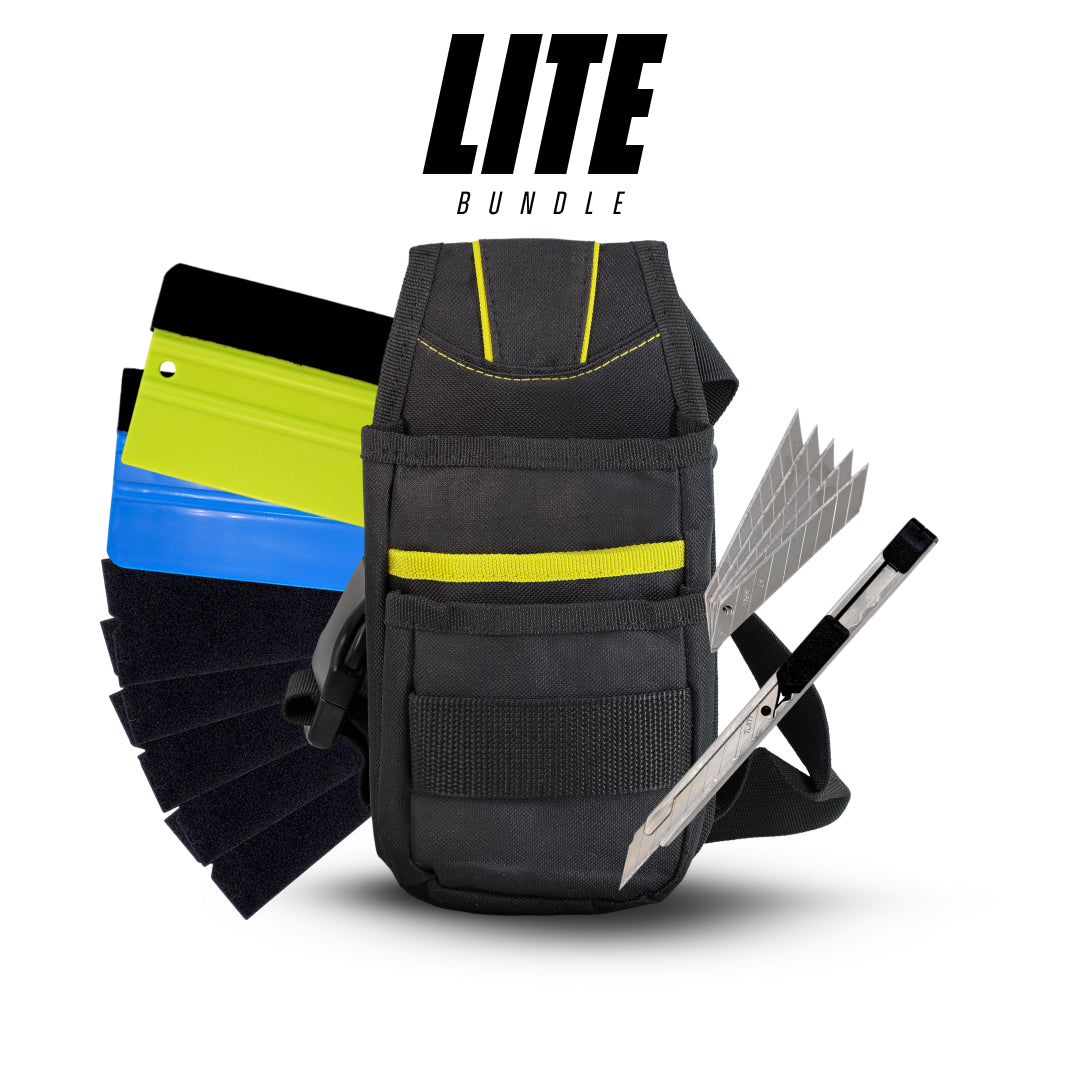
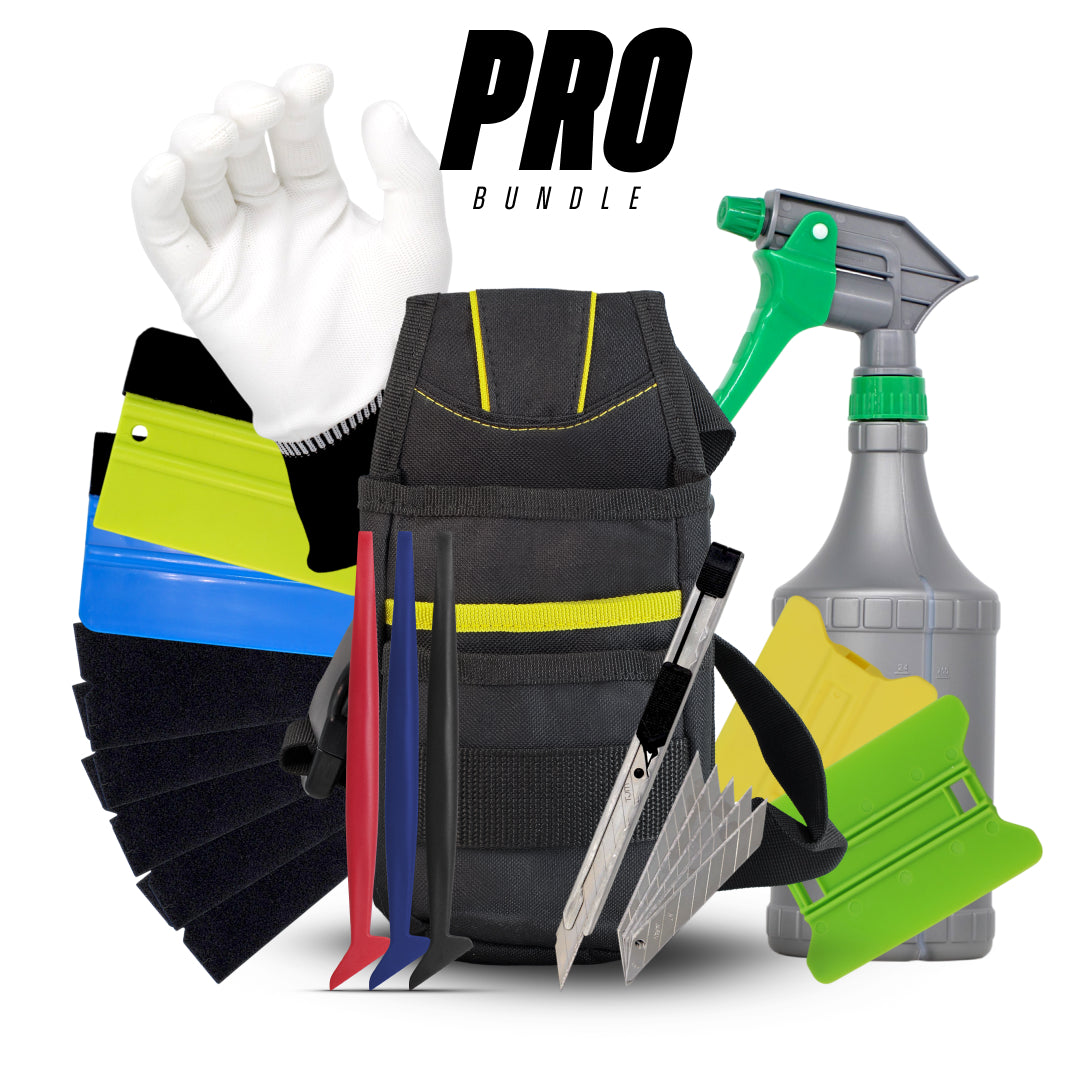
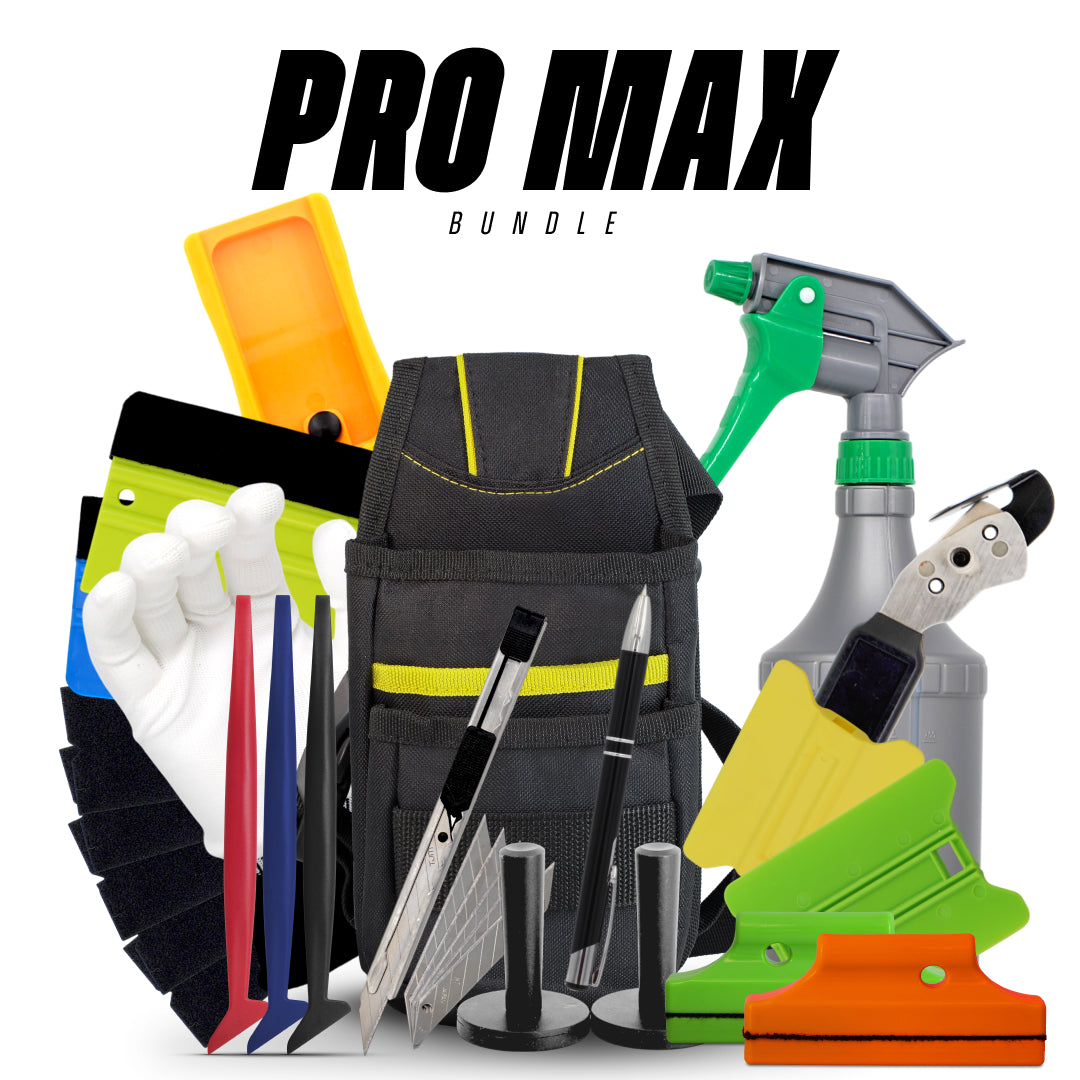
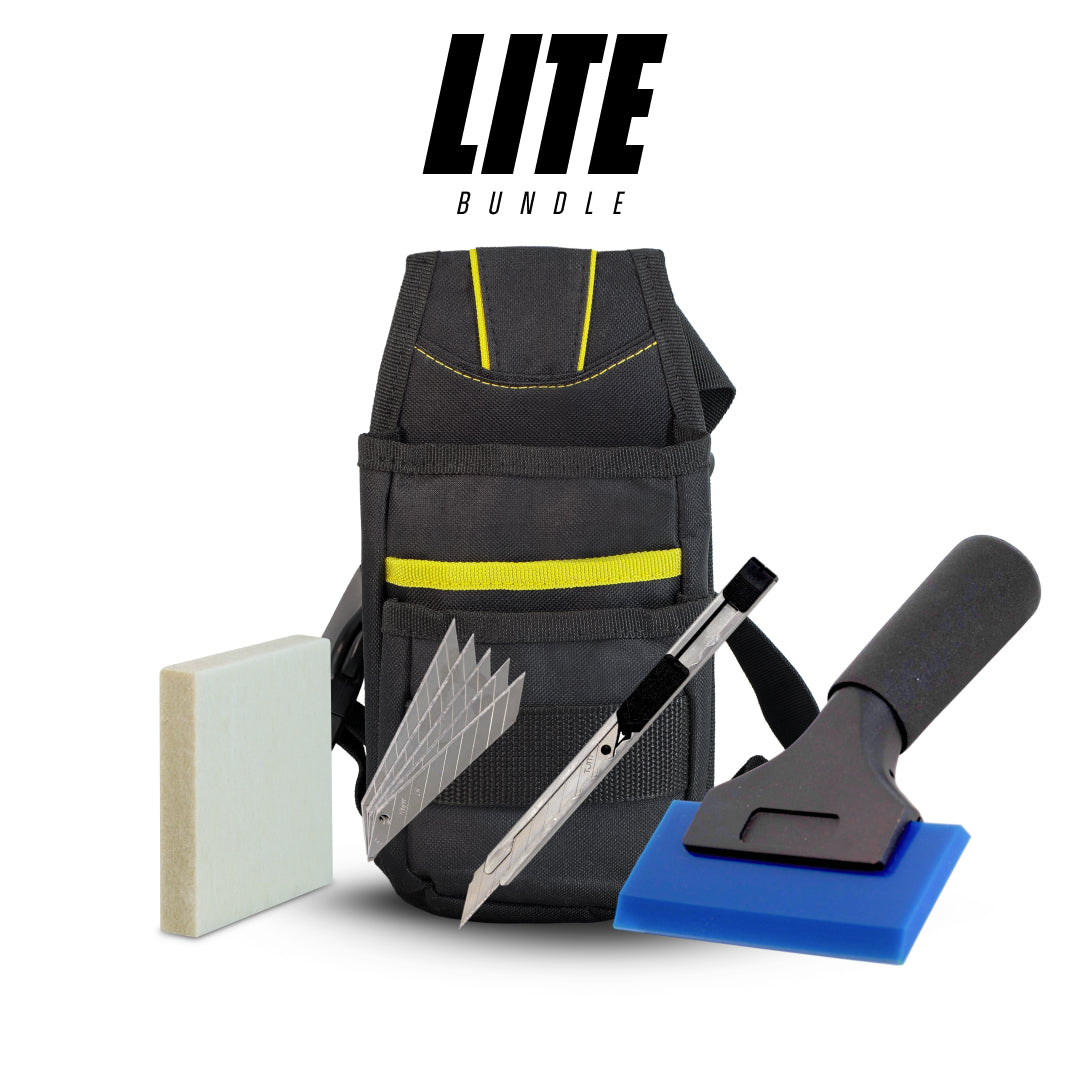
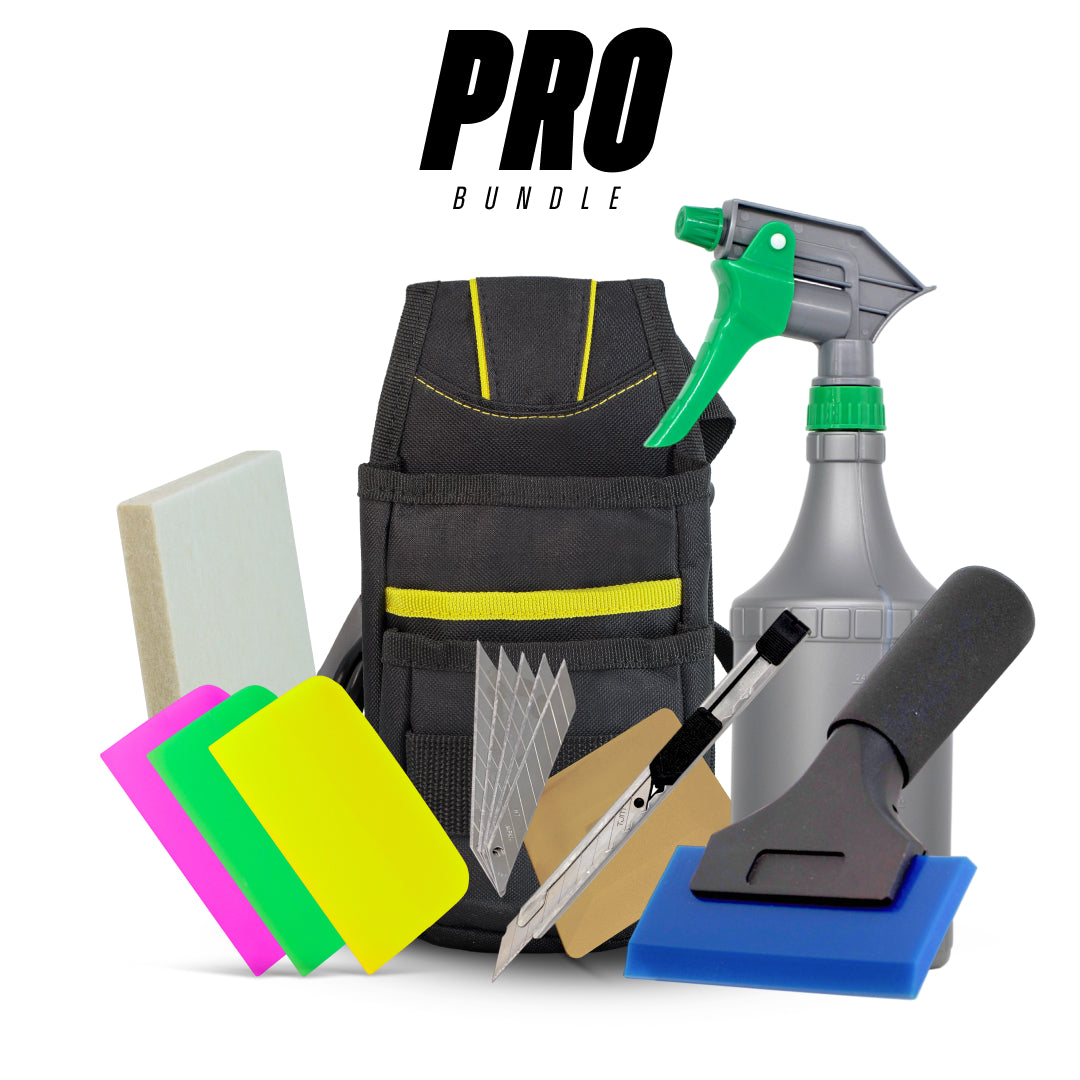
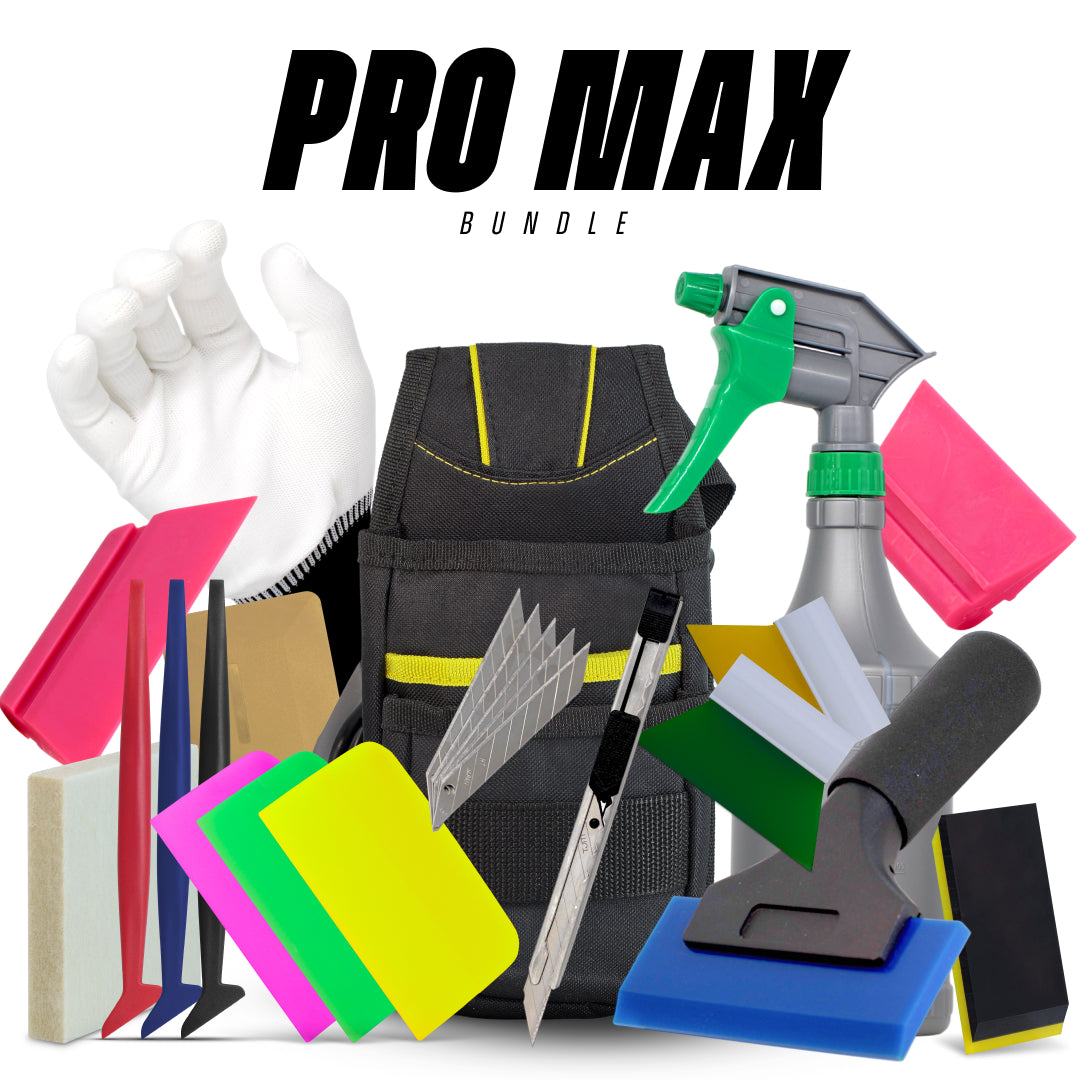
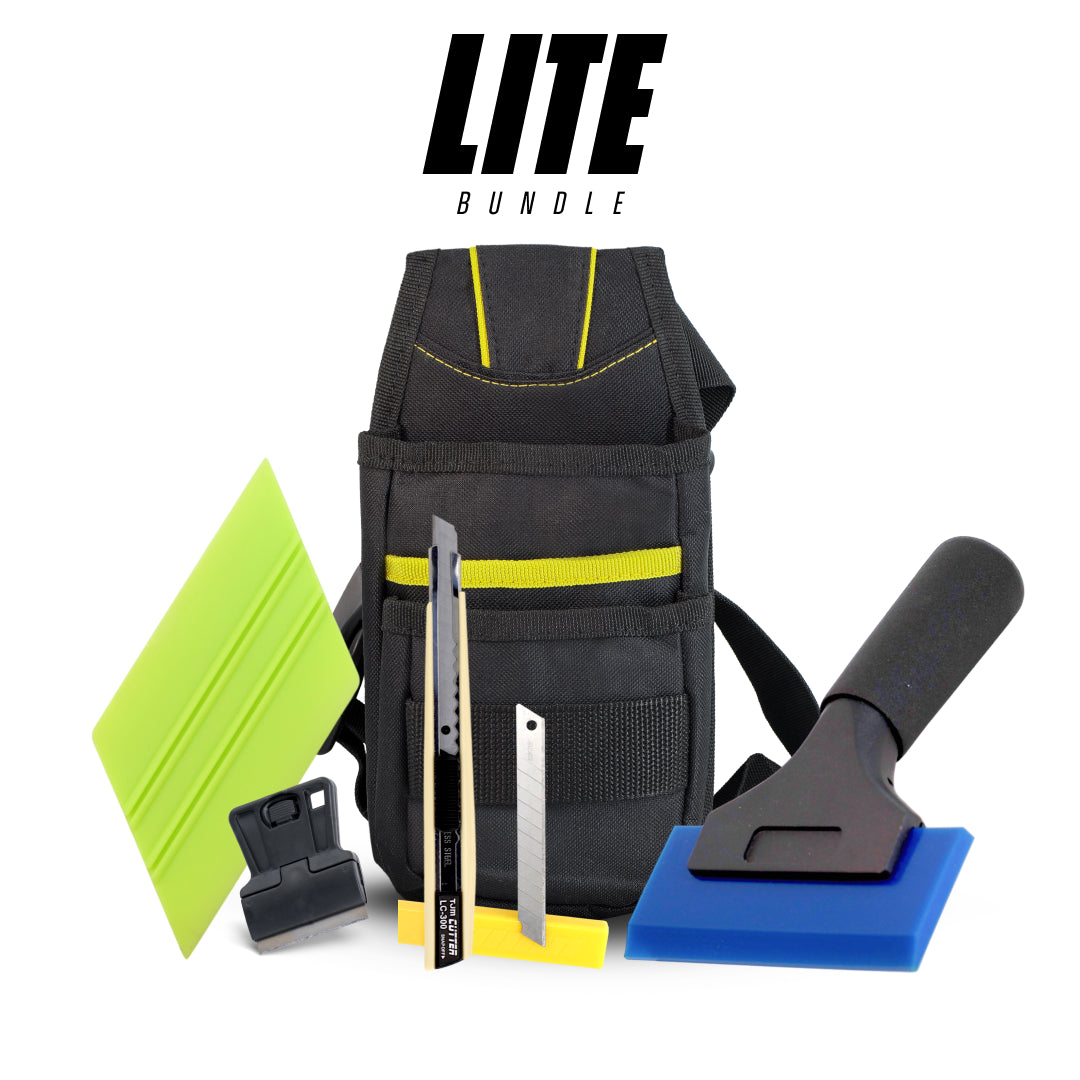
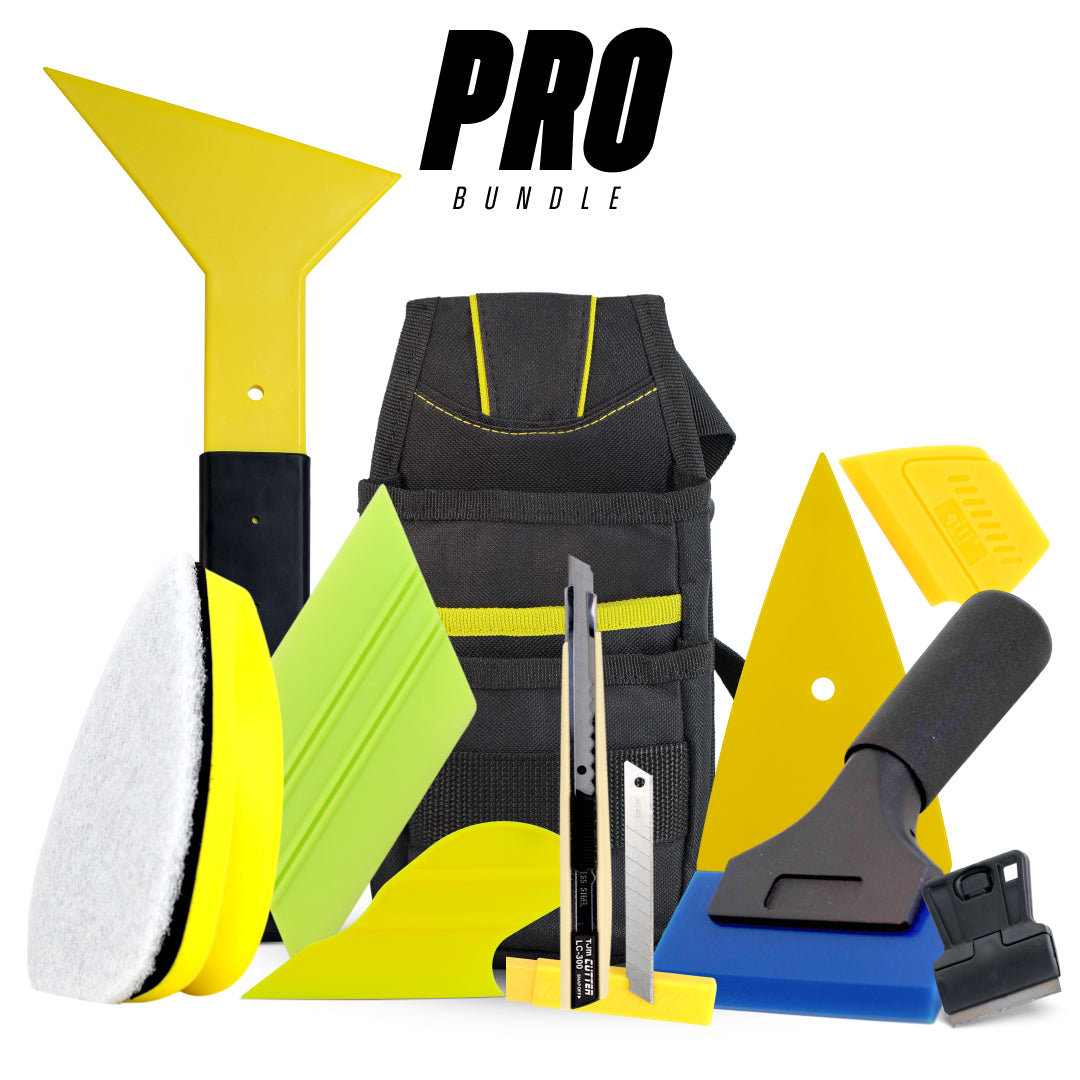
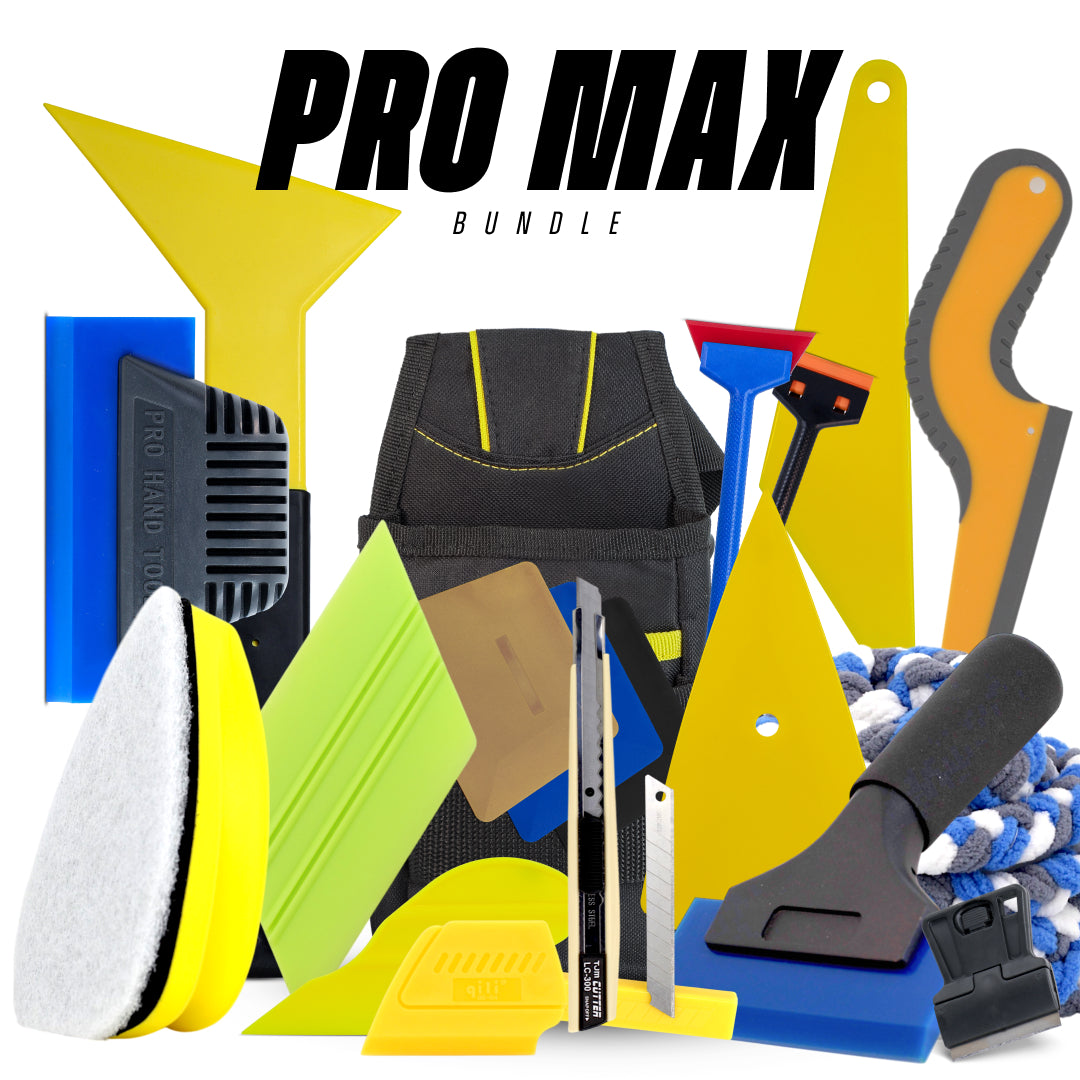
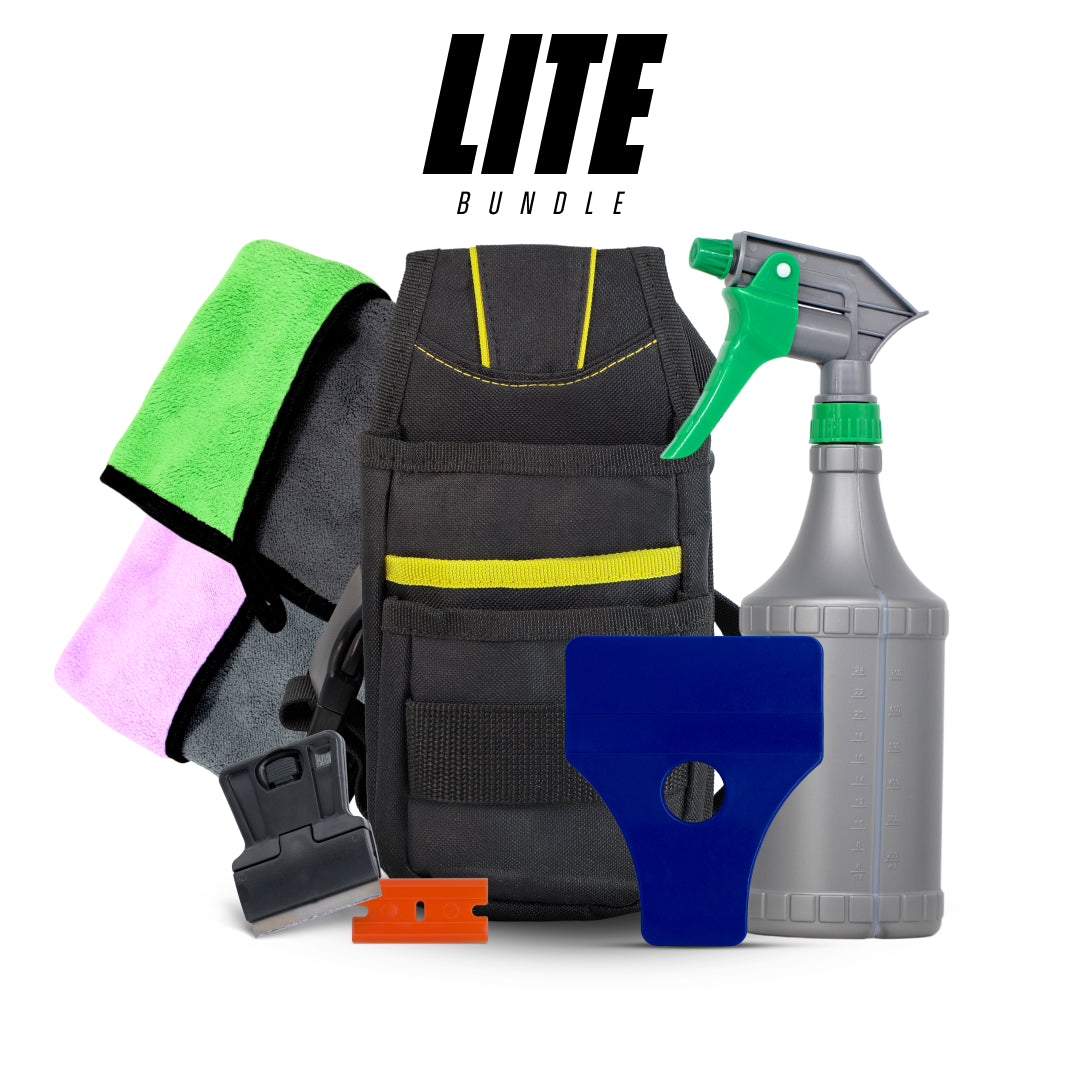
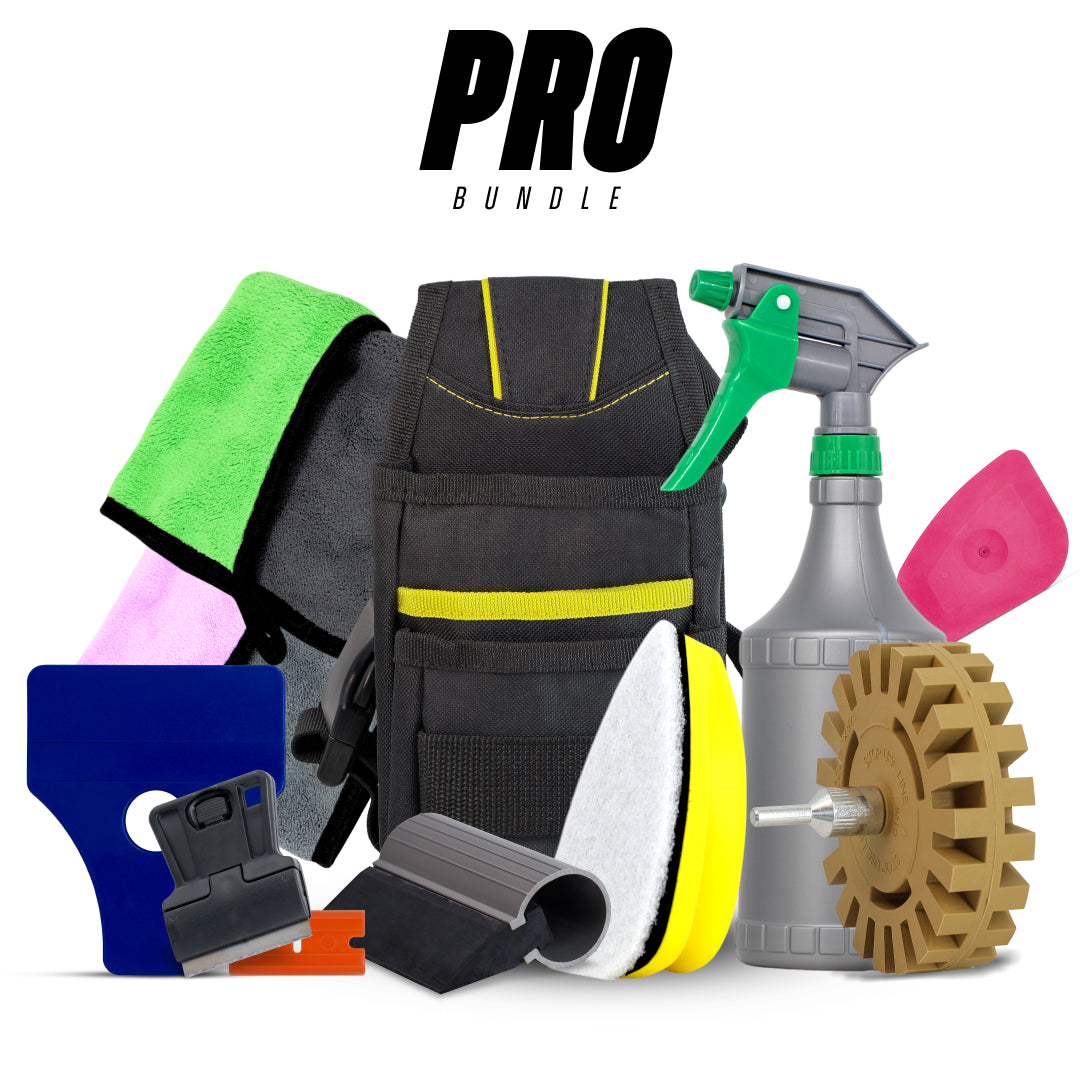
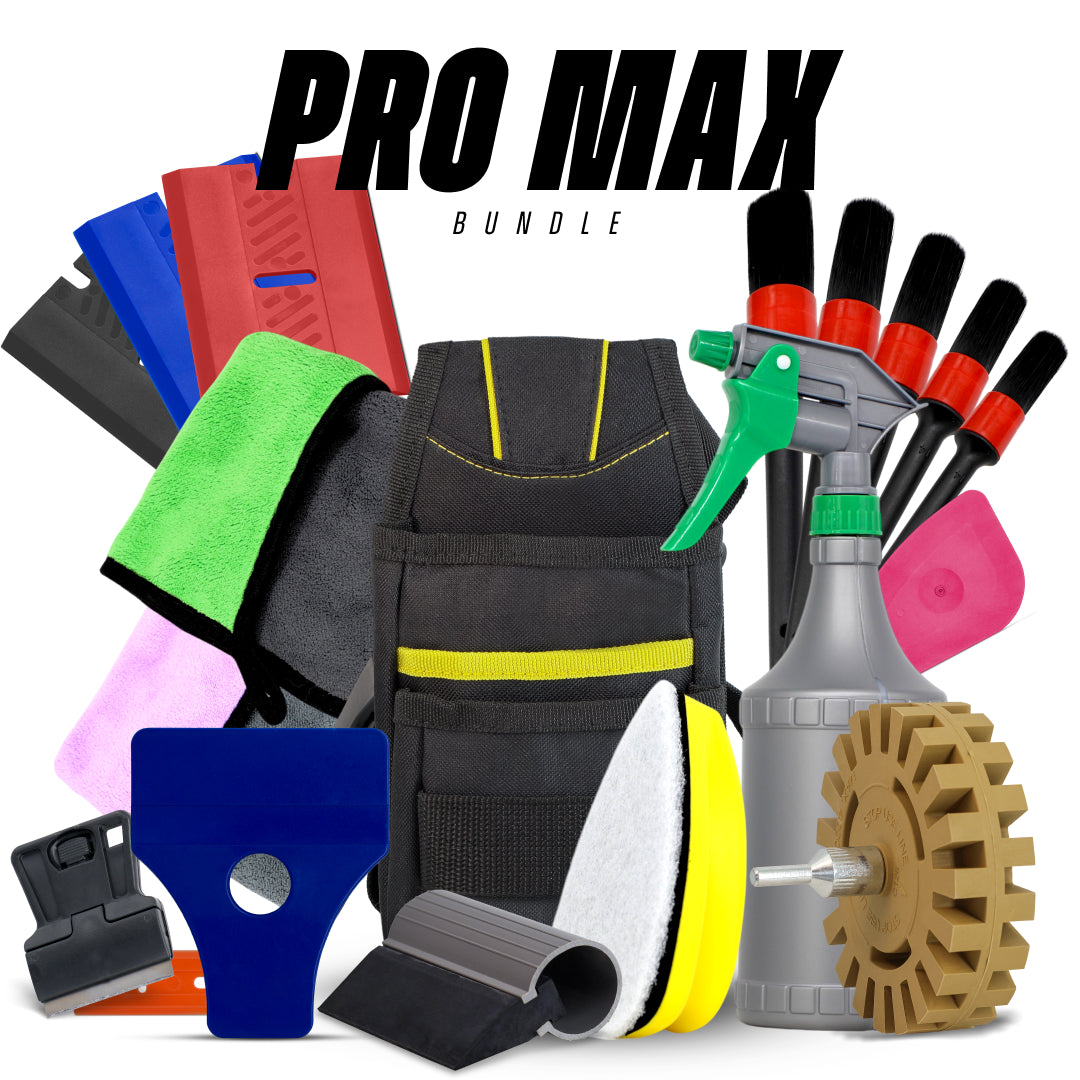
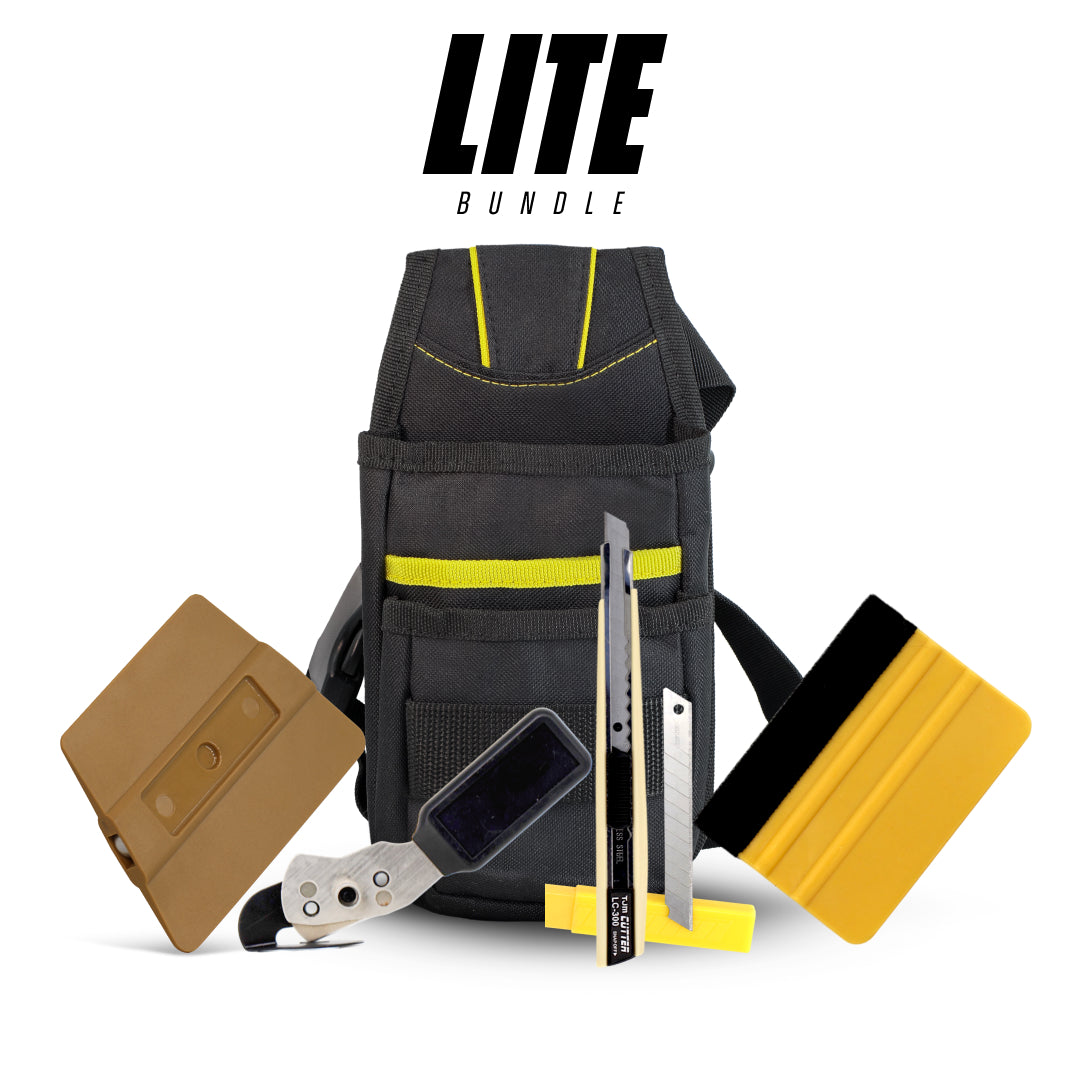
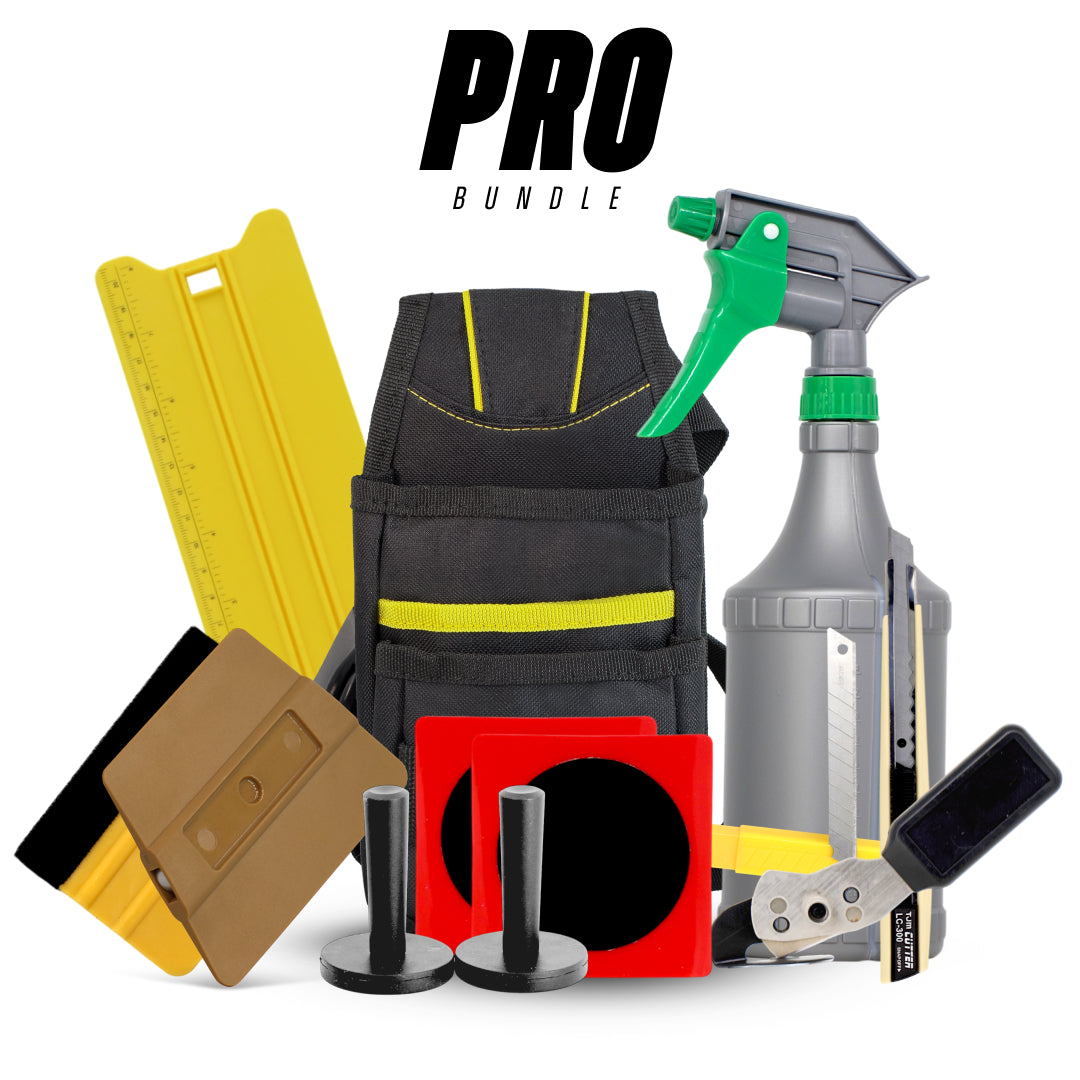
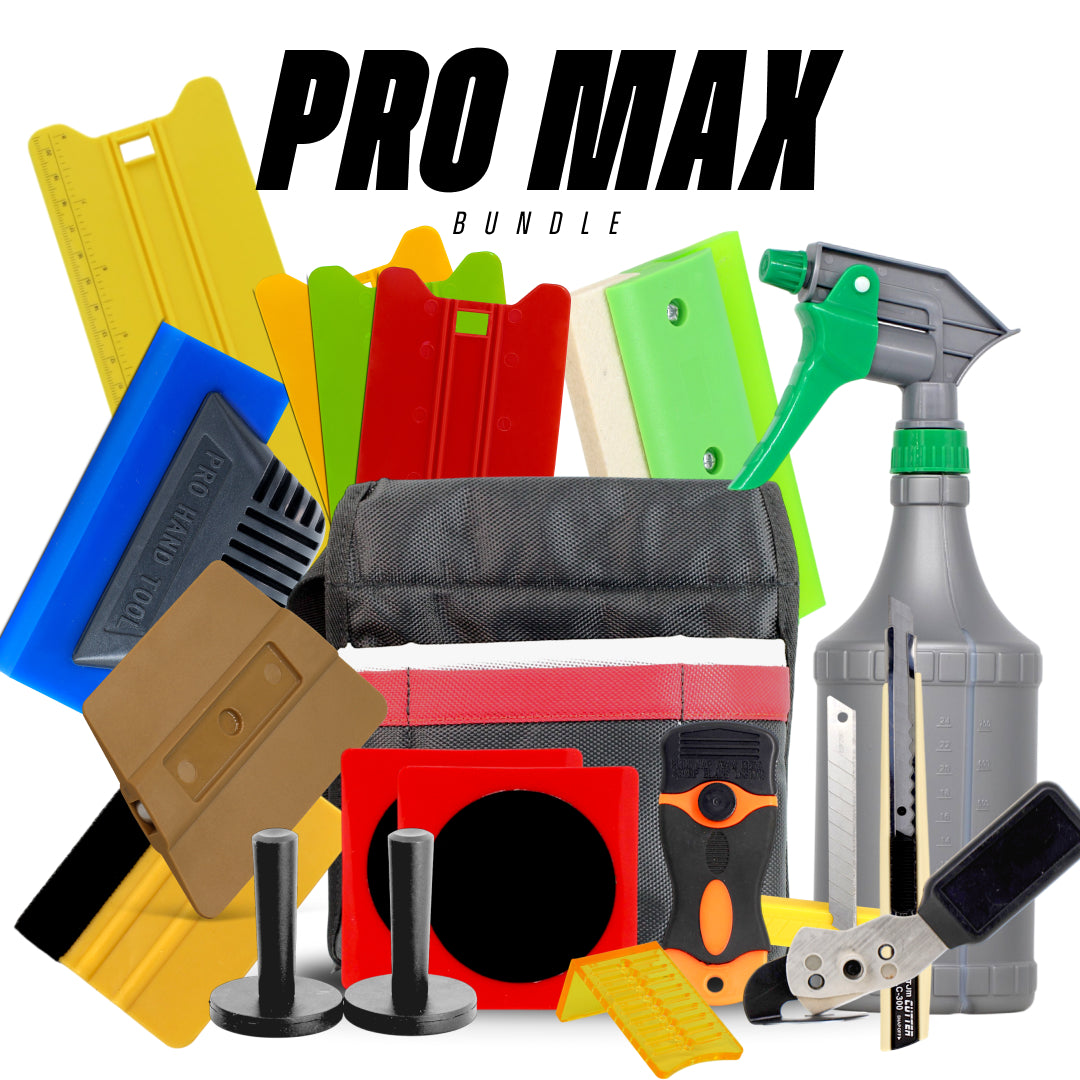
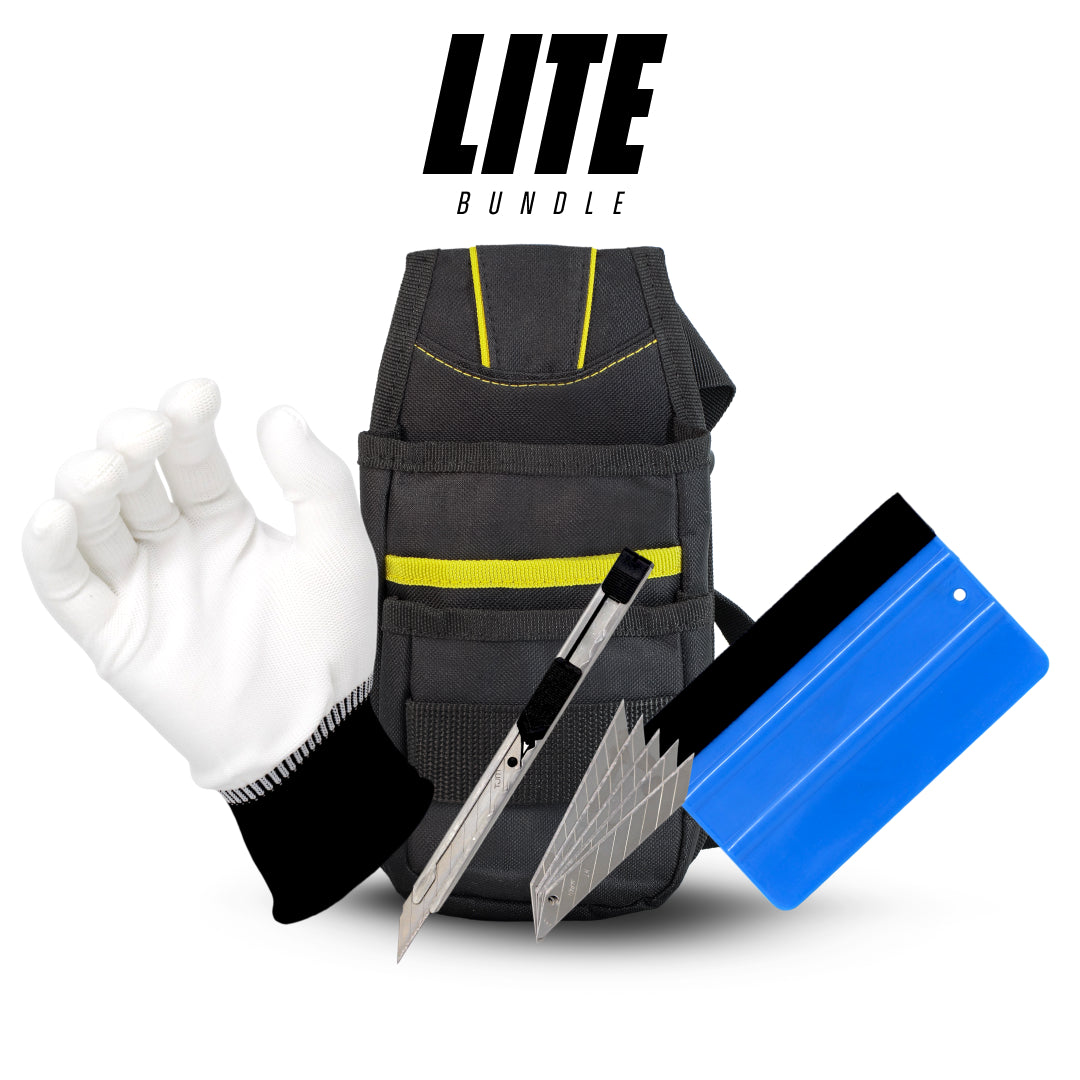
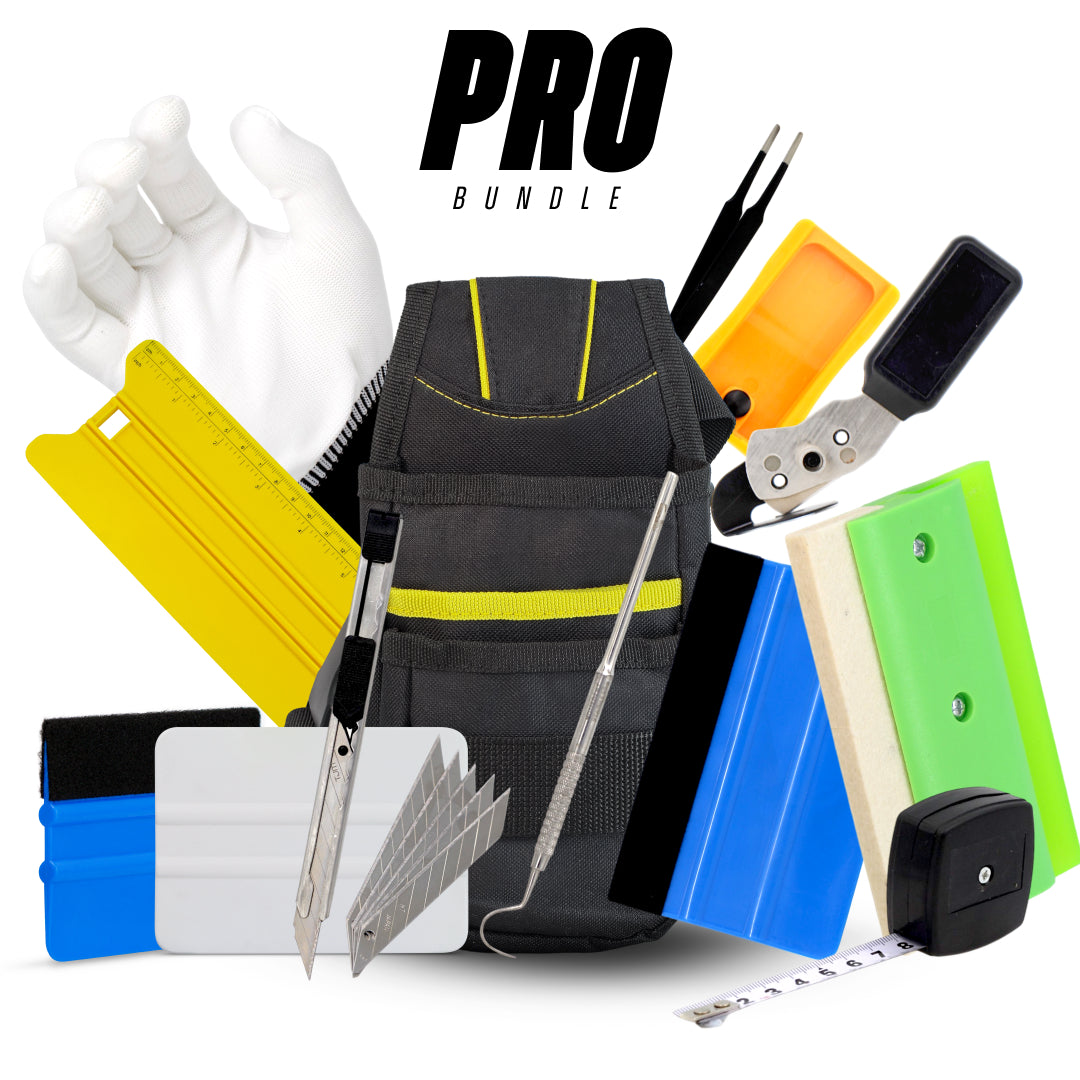
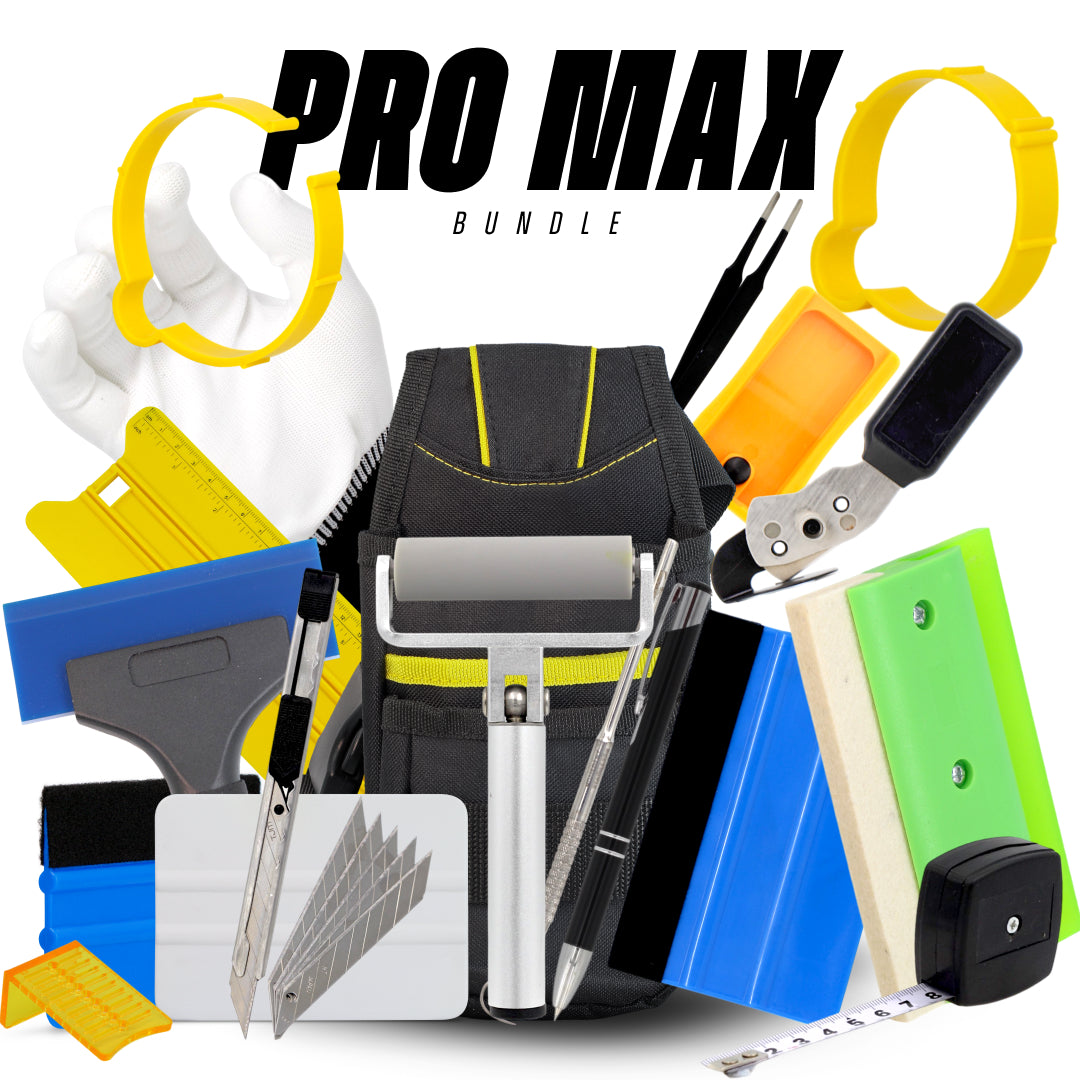
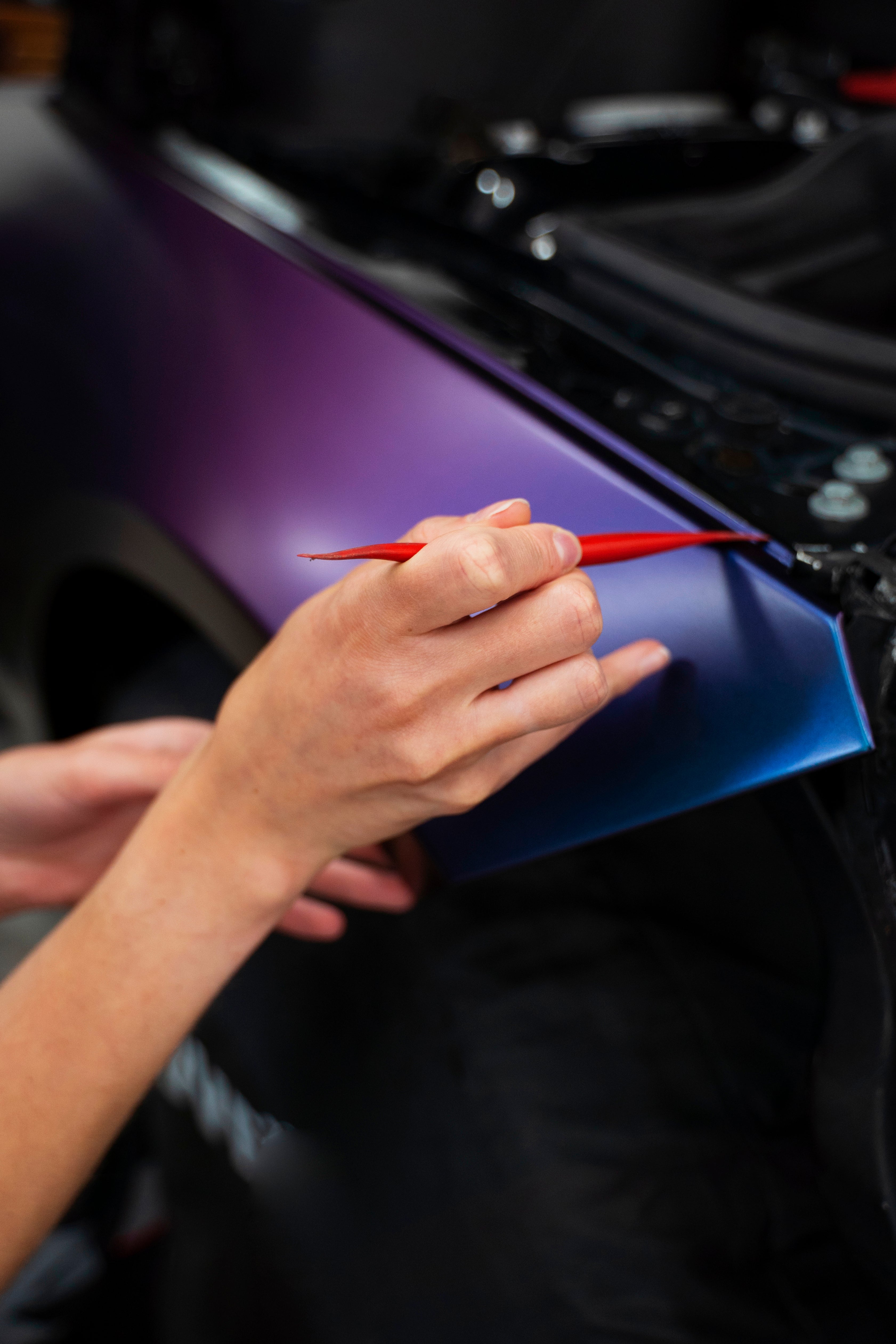
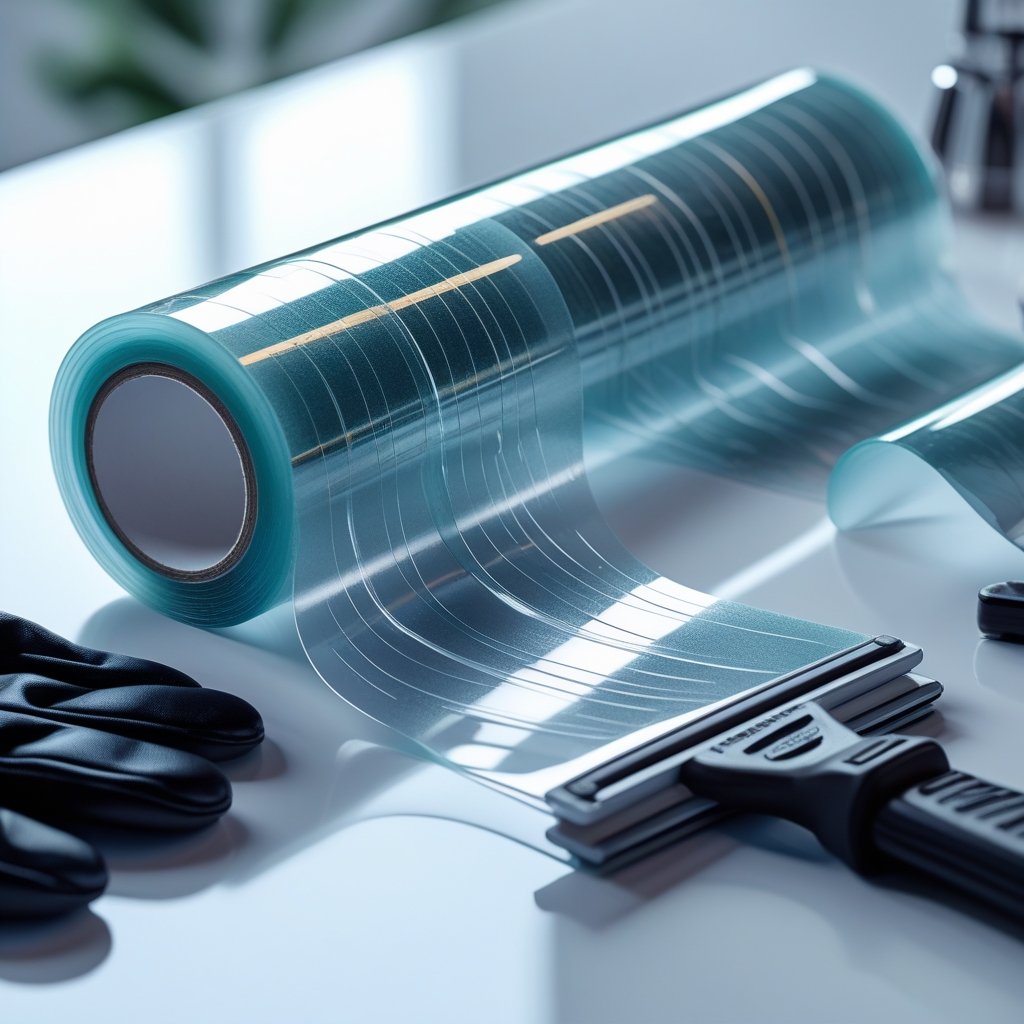
Leave a comment
This site is protected by hCaptcha and the hCaptcha Privacy Policy and Terms of Service apply.